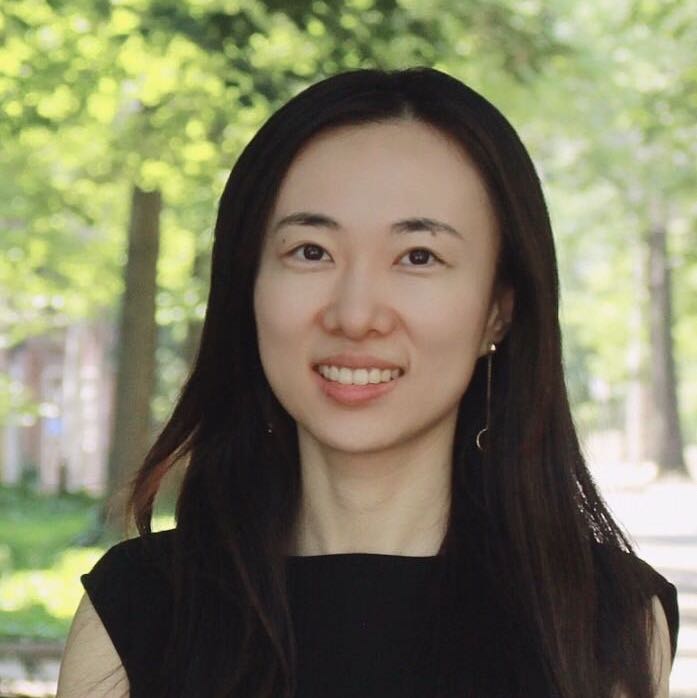People
Faculty
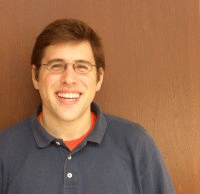
Matthew Salganik
Matthew Salganik is Professor of Sociology at Princeton University, and he serves as the Director of the Center for Information Technology Policy. He is also affiliated with several of Princeton's interdisciplinary research centers including the Office of Population Research and the Center for Statistics and Machine Learning. His research interests include social networks and computational social science. He is the author of Bit by Bit: Social Research in the Digital Age.
Chris Bail
Chris Bail is Professor of Sociology and Public Policy at Duke University where he directs the Polarization Lab. He is also affiliated with the Interdisciplinary Data Science Program, the Duke Network Analysis Center, and the Duke Population Research Institute. His research examines political polarization, culture and social psychology using tools from the field of computational social science. He is the author of Terrified: How Anti-Muslim Fringe Organizations Became Mainstream.Speakers
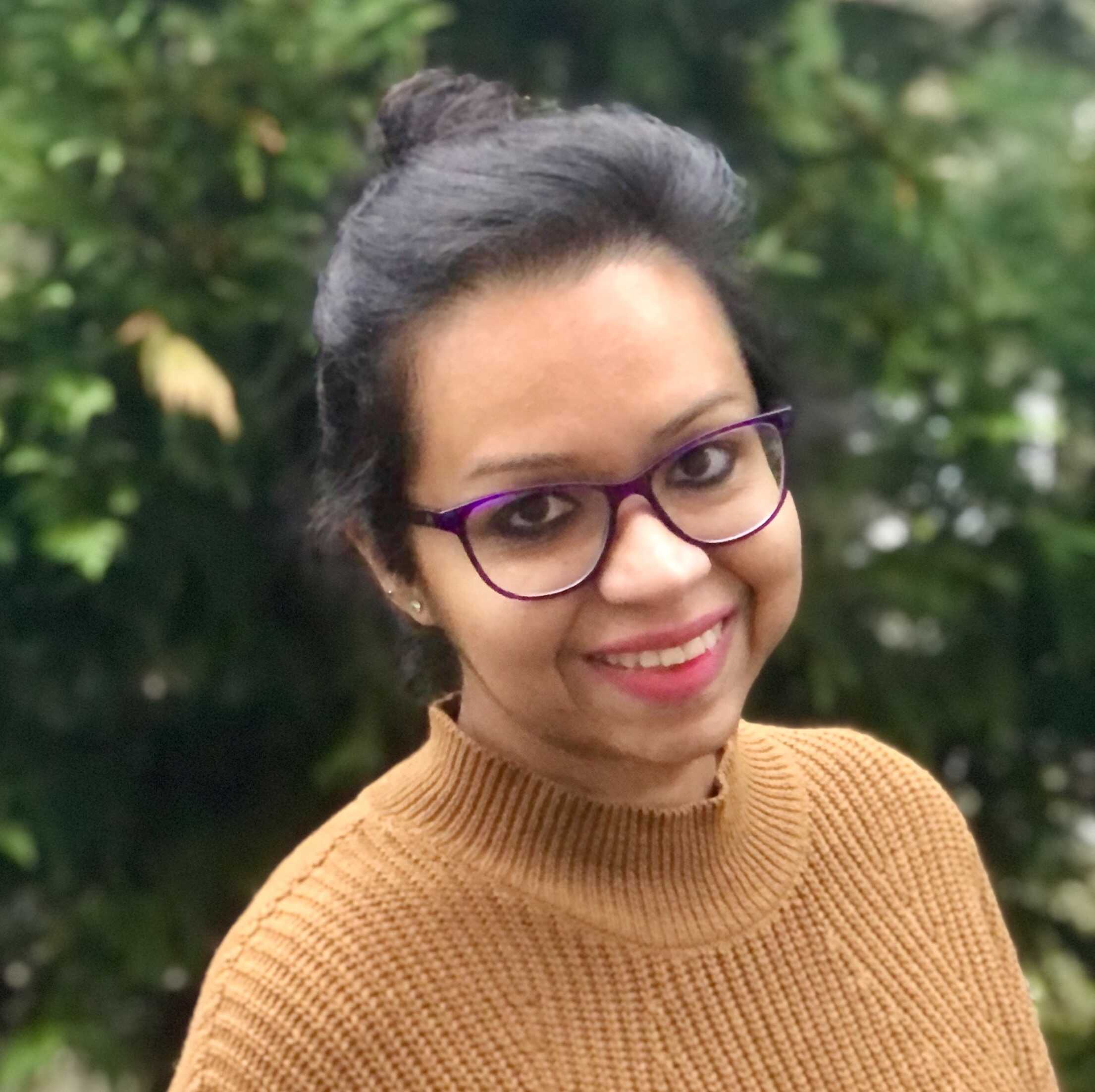
Munmun De Choudhury
Munmun De Choudhury is an Associate Professor in the School of Interactive Computing at Georgia Tech, where she leads the Social Dynamics and Wellbeing Lab (SocWeB) and is affiliated with the Graphics and Visualization Center (GVU), Institute for People and Technology (IPaT), and the Machine Learning Center (ML@GT). Trained as a computer scientist, she is passionate about problems at the intersection of computer science and social science. In her 15 year research career this far, she has therefore built numerous computational methods and artifacts to make sense of human behavior and psychological state, as manifested via our online digital traces. Her research has been motivated by how the availability of large-scale online social data, with the amalgamation of advances in machine learning and grounding in human-centered approaches can help us answer fundamental questions relating to our social lives.Teaching Assistants
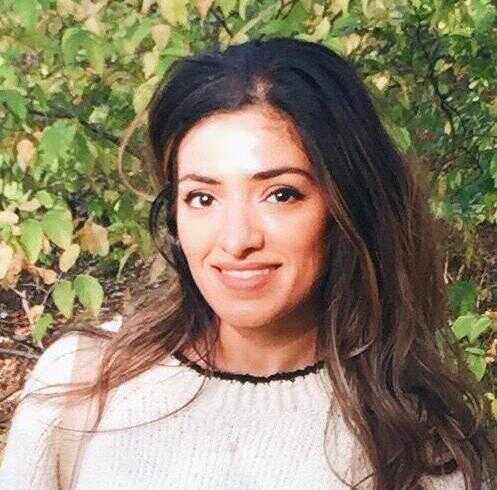
Fatima Alqabandi
Fatima Alqabandi is a doctoral student in Sociology at Duke University. She is part of the Polarization Lab, the Duke Network Analysis Center, and, more recently, she has co-founded the Duke Computational Social Science Working Group. Her current projects include running online social experiments to explore self-censorship and political polarization, as well as using agent-based modeling to better understand the dynamics of radicalization. She hopes to continue to integrate computational methods and machine learning into social scientific research.
Emily Cantrell
Emily Cantrell is a doctoral student in Sociology and Social Policy at Princeton University. She received her bachelor’s degree from Denison University in 2017, where she designed her own major in Human Development and Social Policy with a focus on socioeconomic inequality in the United States. Prior to beginning her graduate work, Emily worked at Child Trends, a research organization that evaluates programs and policies to improve the lives of children and families. Her current projects include a collaboration to assess the predictability of life trajectories using hundreds of machine learning strategies, building on findings from the Fragile Families Challenge.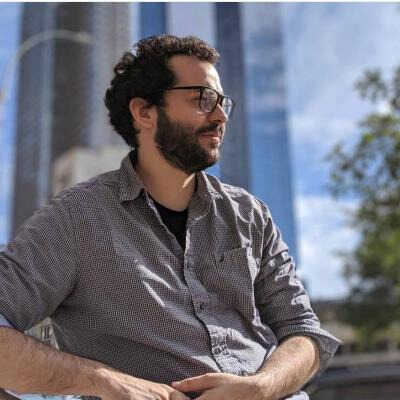
Andrés Castro Araújo
Andrés Castro Araújo is a doctoral student in Sociology at Duke University. Before coming to Duke, he received an MA in Quantitative Methods for the Social Sciences at Columbia University. His research interests include culture, economic sociology, and social networks. Currently he is using computational methods to understand the evolution of legal precedent in Colombia. He used to work as a researcher at the Center for the Study of Law, Justice and Society (Dejusticia) in Bogotá.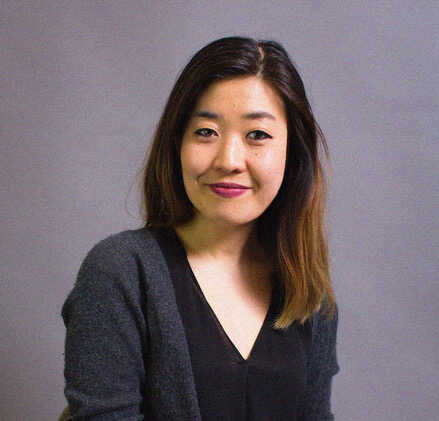
Megan Kang
Megan Kang is a PhD student in Sociology at Princeton University. She studies the consequences of violence on disadvantaged communities, with the goal of identifying effective and humane ways of reducing inequality in safety and well-being. Prior to joining Princeton, she was a Teach for America corps member in Detroit and then worked on a large-scale RCT aimed at reducing gun violence at the UChicago Crime Lab. Megan is interested in how computational social science can leverage qualitative insights, and is committed to finding ethical applications of AI in public policy. Her current projects involve using in-depth interviews to find out why the Fragile Families Challenge yielded poor predictions of youth outcomes and exploring the use of computer vision on police camera footage.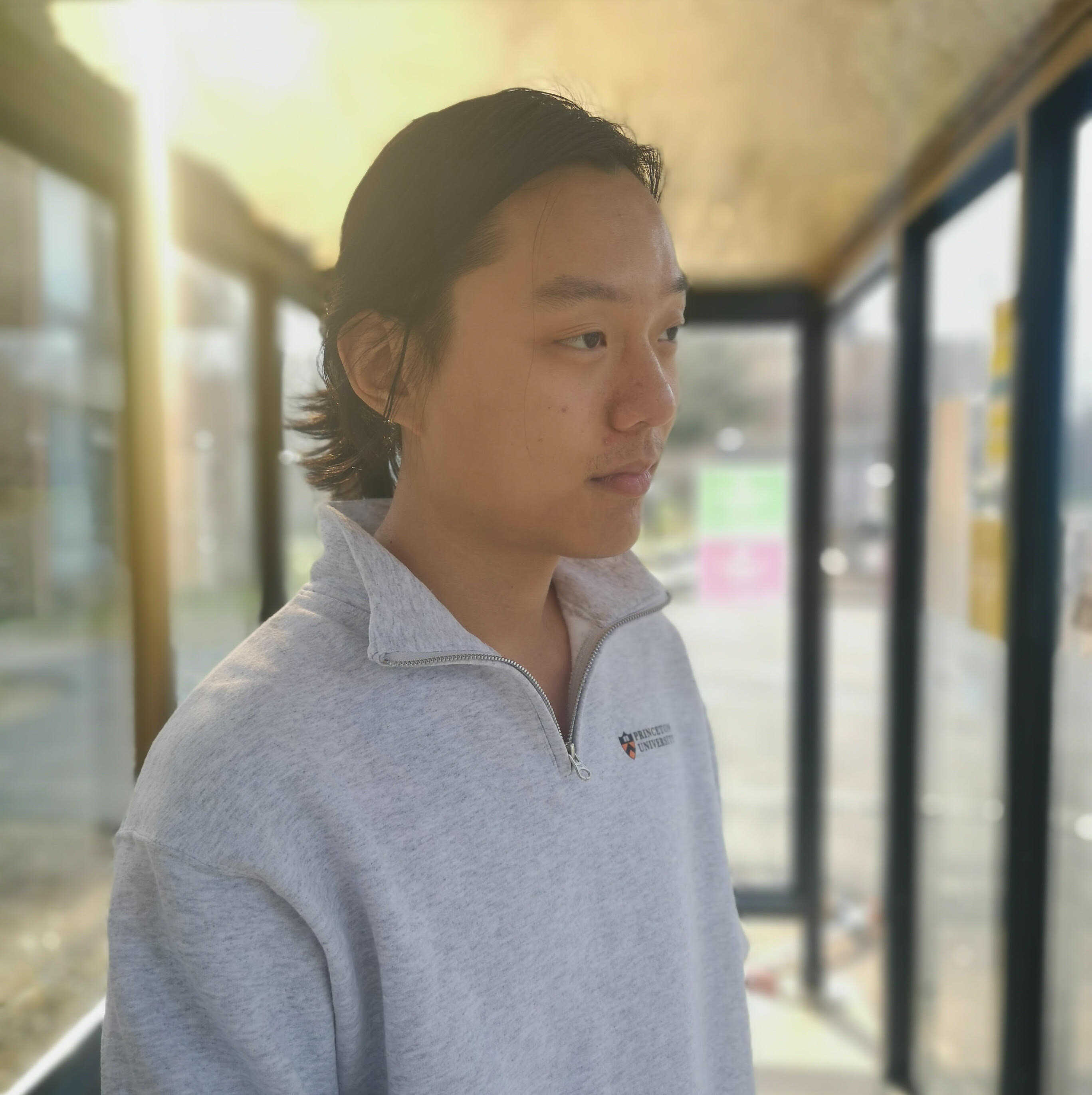
Lai Wei
Lai Wei is a PhD candidate in the Department of Sociology, Princeton University. Before coming to Princeton, he attained a BA in sociology from Tsinghua University. Lai’s research interests include social mobility, public opinion, quantitative methodology, and China. One strand of his ongoing research tries to develop new indicators of social mobility and new methods for studying the impact of mobility that borrow insights from machine learning and causal inference. Another continuing line of research of his investigates the landscape, origin, and consequence of public opinion in China using survey, experimental, and social media data. Lai is broadly interested in how to use machine learning to help social science research.Participants
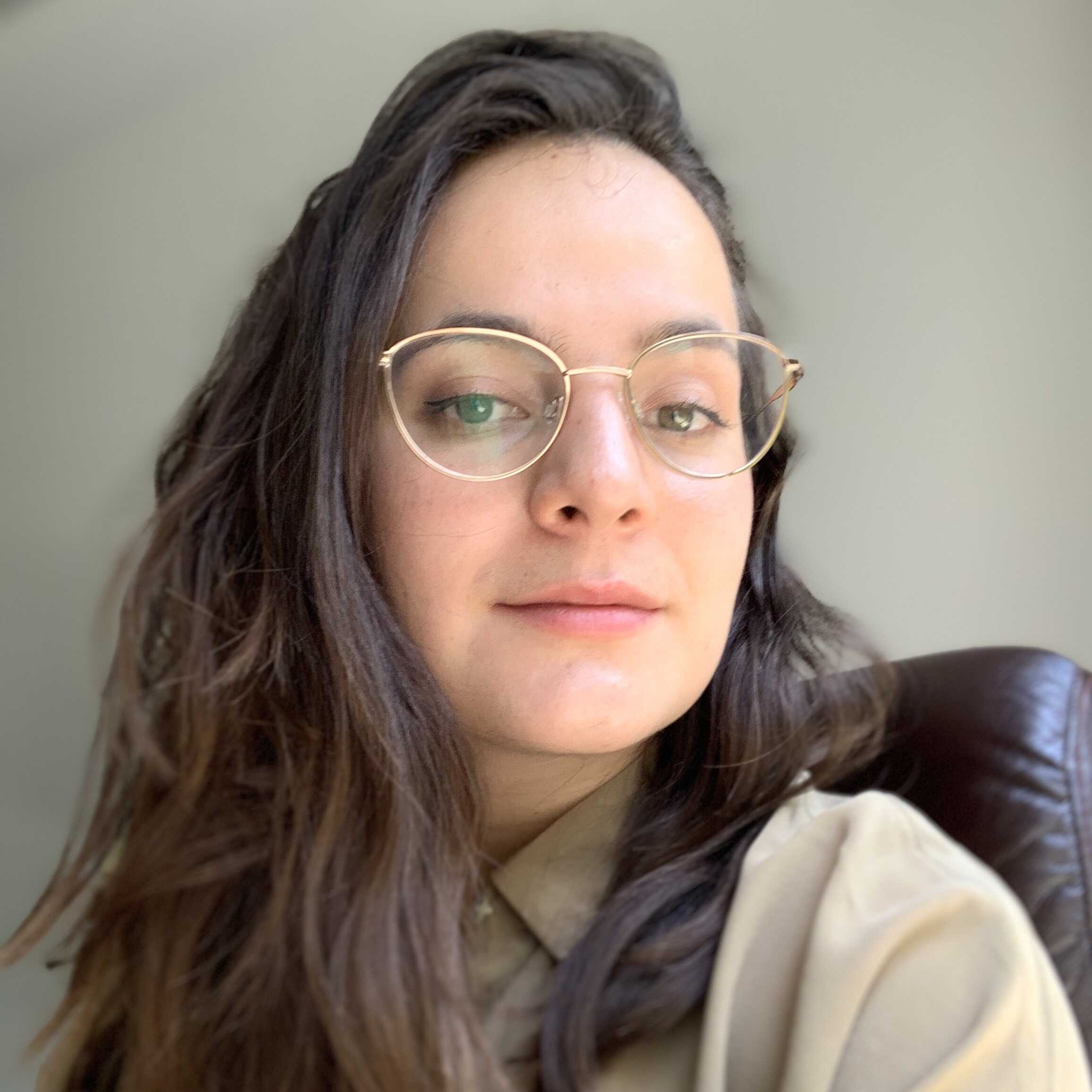
Sandra Aguilar Gomez
Sandra Aguilar-Gomez is an incoming postdoctoral scholar at the Center for Global Transformation (CGT) at UC San Diego. Next year (Fall 2022), she will join Universidad de Los Andes as an Assistant Professor of Economics. She holds a Ph.D. in Sustainable Development from Columbia University. She works mainly on environmental and development economics. Her interests lie primarily in understanding the consequences of environmental change and the challenges governments face in implementing policies in contexts with underlying structural inequalities or weak institutions. She is currently working on the economics of air pollution control and the impacts of temperature on financial outcomes and hospital management. On the development economics side, she is currently studying gender disparities in labor markets both in Mexico and the United States, as well as women’s health in Tanzania and Mexico.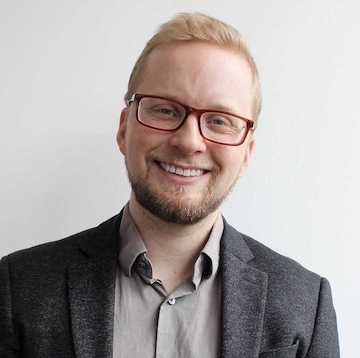
Jacy Anthis
Jacy is a PhD student at University of Chicago and co-founder of Sentience Institute. His 2018 book, The End of Animal Farming, analyzes plant-based and cell-cultured food technologies. He has presented his research in over 20 countries, and it has been featured in The Guardian, Forbes, Vox, and other media.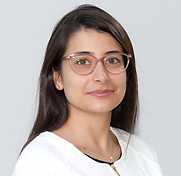
Carolina Coimbra Vieira
Carolina is a Ph.D. student at Max Planck Institute for Demographic Research in Rostock, Germany. She received her B.Sc. and M.Sc. in Computer Science from Universidade Federal de Minas Gerais (UFMG) in Brazil. Carolina’s research focuses on the interdisciplinary between computer science and the use of social media data to study the bidirectional relation between migration and cultural diffusion.
Ari Decter-Frain
Ari is a doctoral student in Policy Analysis and Management at Cornell University. He works on using new kinds of data to study demographic processes, and on methods for measuring political behavior. He was a 2020 Data Science for Social Good Fellow at the University of Washington. He also holds an MSc from the London School of Economics, and a BA from the University of Winnipeg in his home country of Canada.
Sebastian Deri
Sebastian is interested in anything that involves using data to understand issues at the intersection of the internet and society. He’s a PhD student at Cornell in psychology, and considers himself a generalist social scientist. Check out his website for some of his recent projects.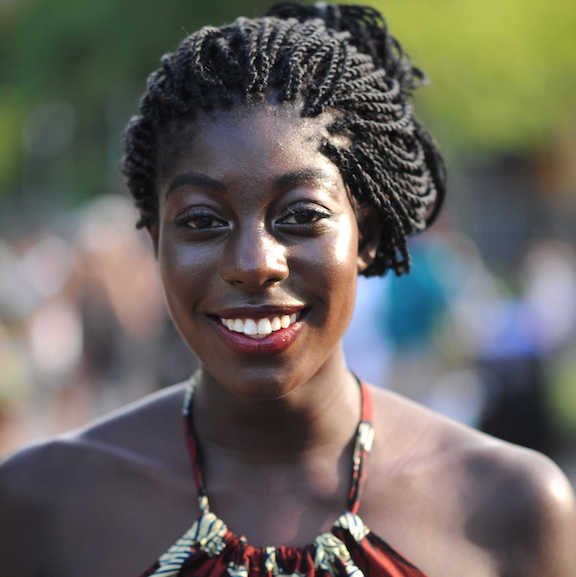
Ajua Duker
Ajua Duker is a fourth-year PhD student at Yale University primarily working under Dr. Jennifer Richeson. Ajua's research is primarily focused on the link between discrimination and health disparities. In her most recent work, she leverages the emotion regulation literature to test different emotion regulation strategies as interventions that might offset the deleterious affective outcomes that follow contending with past experiences of discrimination.
Marcos Gallo
Marcos Gallo researches the neuroscience of poverty and discrimination. His motivation directly stems from his experiences growing up in a disadvantaged neighborhood in Brazil. He has a background in Economics, including an MSc from Shanghai Jiao Tong University. When he started his studies at Brigham Young University, he became determined to dedicate his career to helping inform and create effective policies to lift those in poverty.
Orestes Hastings
Orestes “Pat” Hastings is an Assistant Professor of Sociology at Colorado State University. He received his PhD in Sociology from the University of California, Berkeley. Pat's research broadly explores the mechanisms and processes through which economic inequalities become social inequalities, especially in the contexts of the families and parenting.
Matt Hauer
Matt Hauer is an Assistant Professor of Sociology at Florida State University. His research focuses on the demographic implications of climate change with a focus on how sea-level rise will influence future human migration patterns. His research merges large georeferenced social and census data with large georeferenced physical science datasets.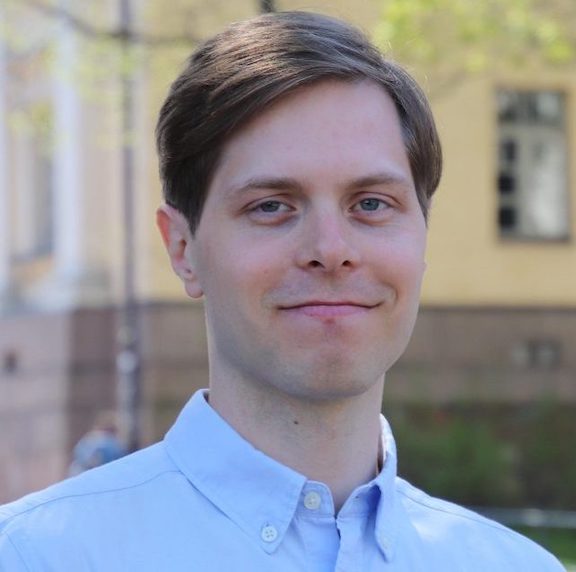
Andrey Indukaev
Andrey Indukaev is a postdoctoral researcher at Aleksanteri Institute at the University of Helsinki. He received his PhD in Sociology from École Normale Supérieure Paris-Saclay. He combines perspectives of STS, economic and political sociology to study policies promoting innovation and digitalization, as well as political action mediated by digital technology. He also works on making machine-learning workflows compatible with the research approaches of qualitative social science and humanities.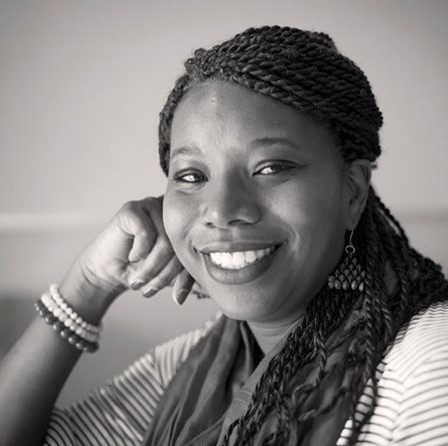
Olivia Johnson
Olivia Johnson is an Assistant Professor in Retailing and Consumer Science in Human Development and Consumer Sciences in the College of Technology at the University of Houston. She is the primary investigator on several interdisciplinary teams that focus on the intersection of social movements, consumption, and social media.
Anne Kavalerchik
Anne is a fellow of the Complex Networks and Systems NSF Research Traineeship program and a doctoral student in the departments of sociology and informatics at Indiana University. She uses social network analysis and other quantitative methods to study knowledge production and scientific innovation.
Katherine Keith
Katherine Keith is a final-year PhD student in the College of Information and Computer Sciences at the University of Massachusetts Amherst. Working with her advisor, Brendan O'Connor, her research expands methods in machine learning and natural language processing to social data science goals including: obtaining social measurements from text data, aggregating said measurements in a statistically rigorous manner, and improving causal estimations from text. She has also applied these NLP methods to applications such automatic event extraction from news archives and studying the language of economic decision making.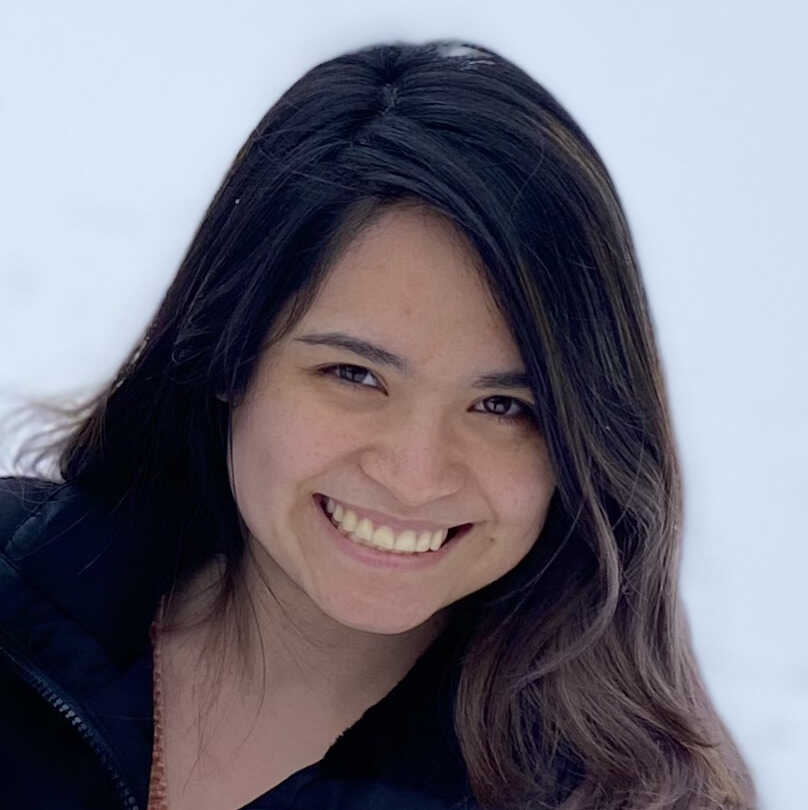
Allison Koh
Allison Koh is a PhD candidate at the Centre for International Security, Hertie School in Berlin. Broadly construed, her research interests include (1) contentious politics in the digital age and (2) applications of natural language processing in political science research. Her dissertation research examines how state-sponsored online harassment campaigns factor into the repression-dissent nexus, with a focus on the Philippines.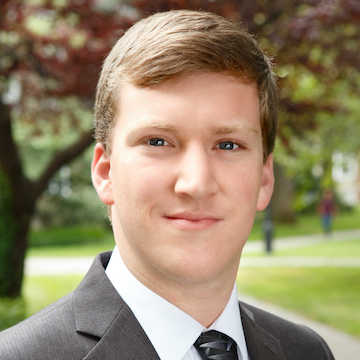
Jeffrey Lees
Jeffrey Lees is a Visiting Assistant Professor at Clemson University’s Media Forensics Hub. He studies the psychology of inaccurate beliefs across social and organizational contexts, and is currently pursuing varied interdisciplinary projects on misinformation. He received his Ph.D. from Harvard University in Organizational Behavior and Social Psychology in 2020.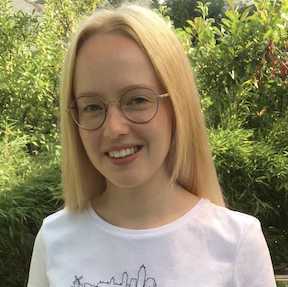
Felicia Loecherbach
Felicia Loecherbach is a PhD Candidate in Political Communication Science at the Vrije Universiteit Amsterdam. She is studying the diversity of issues and perspectives in (online) news and how it is affected by recommender algorithms and selective exposure. Her other research interests include inventing new tools for studying online news consumption - such as tracking people within a news recommender system and developing a platform for data donations. Felicia obtained a Research Master in Communication Science at the University of Amsterdam (2018), and a Bachelor in Communication Science and Philosophy from the University of Erfurt (2016).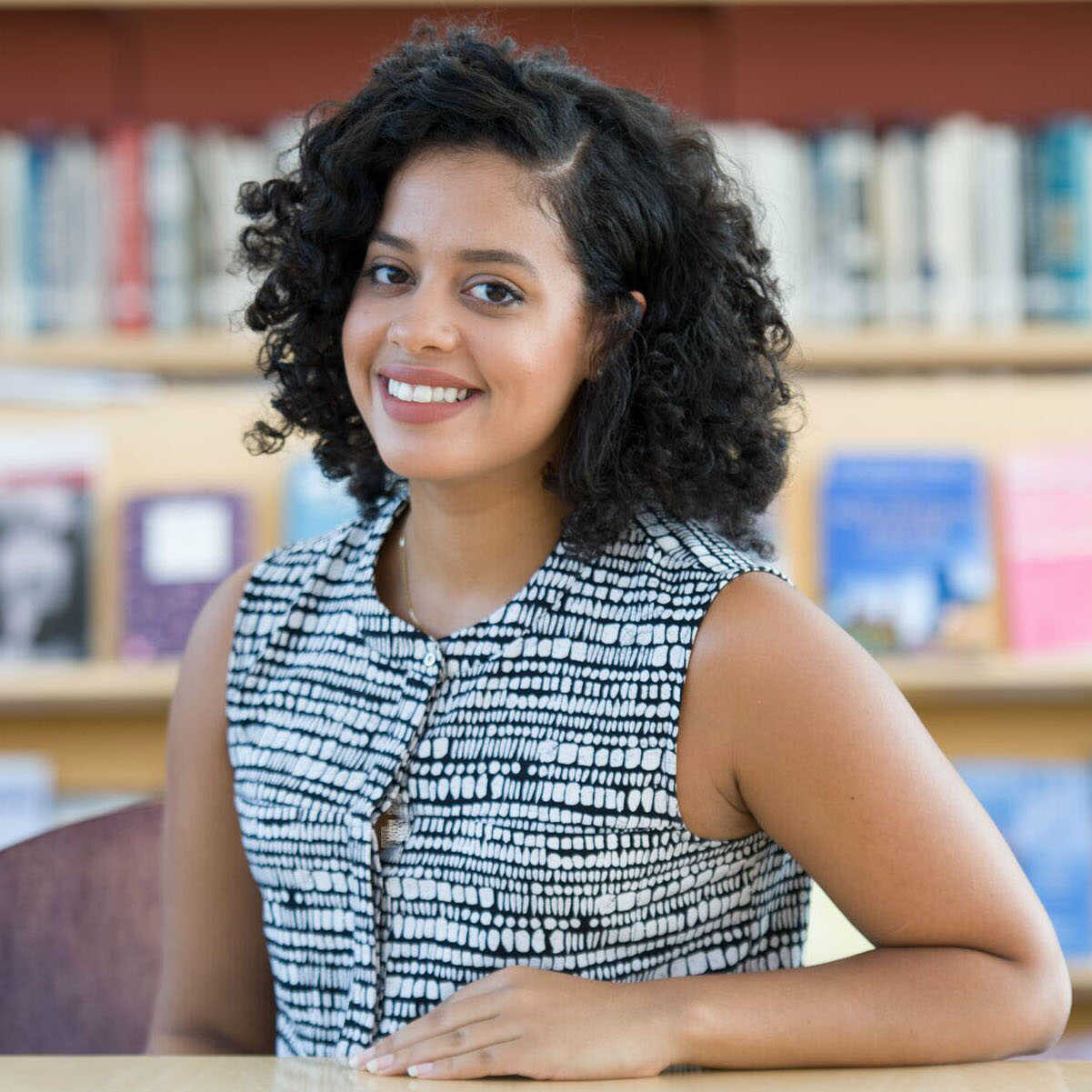
Yalidy Matos
Yalidy Matos is an assistant professor of political science and Latino and Caribbean studies at Rutgers University, NB. She earned her Ph.D. from Ohio State University. Matos’ scholarly work examines the intersections between race, ethnicity, and immigration. By drawing on theoretical frameworks from various disciplines, she uses a mixed methods approach (survey, experiments, content analysis) to understand the racialized nature of immigration politics.
Killian McLoughlin
Killian McLoughlin is a PhD student in psychology at Yale. His research focuses on the application of computational methods in moral psychology. Killian holds a BA in philosophy and an MSc in social data analytics, both from University College Dublin. He also holds a psychology H.Dip. from Trinity College Dublin.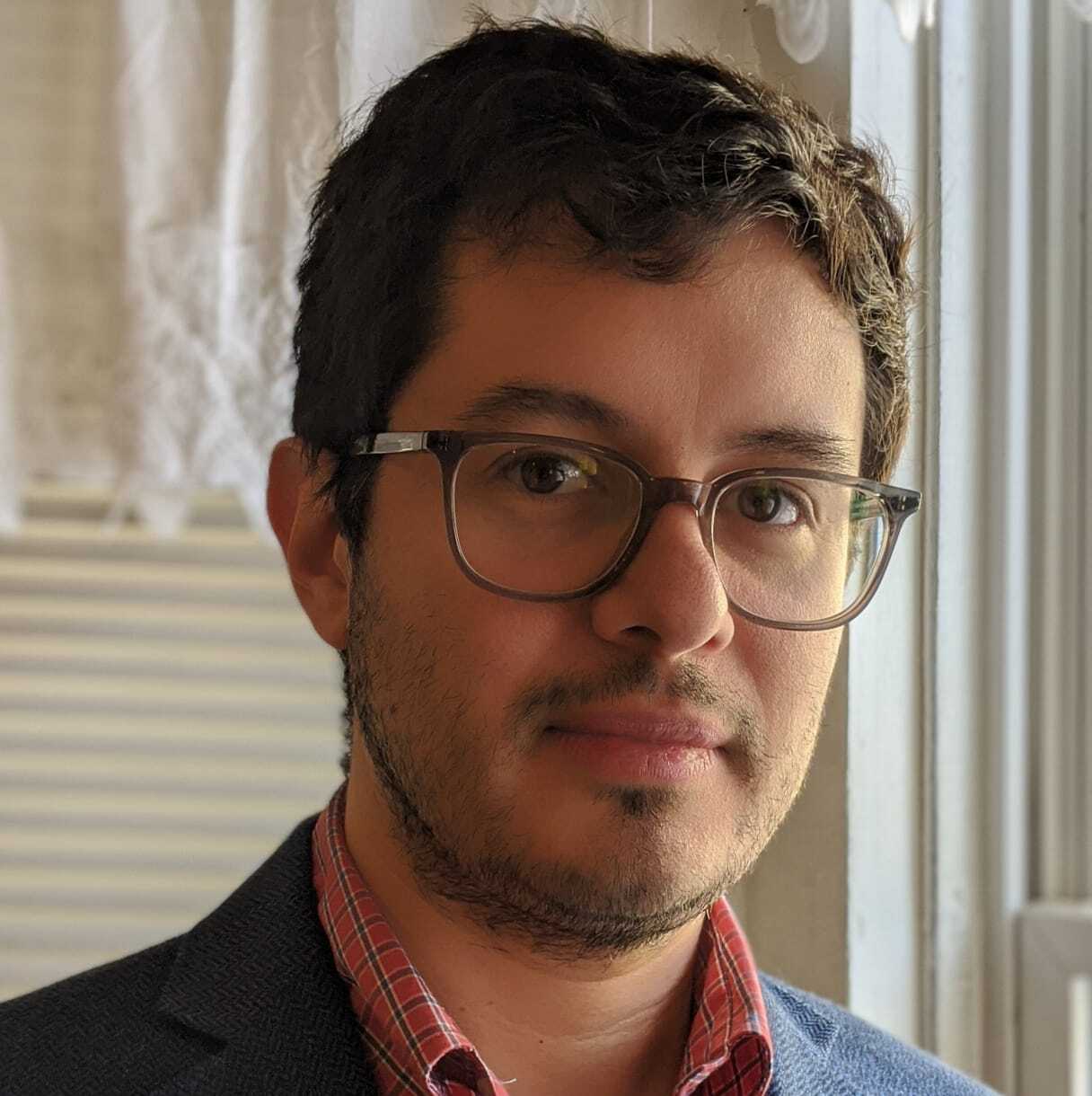
Mario Molina
Mario D. Molina is a Postdoctoral Associate in the Social Science Division at New York University Abu Dhabi. His research centers on reward systems, prosocial behavior, and cultural integration, using a diverse statistical and computational toolkit that includes online experiments, multilevel models, machine learning, and NLP. He holds a Ph.D. in Sociology from Cornell University, an M.A. in Sociology from Universidad Catolica de Chile, and B.A. in Philosophy from Universidad de los Andes, Chile.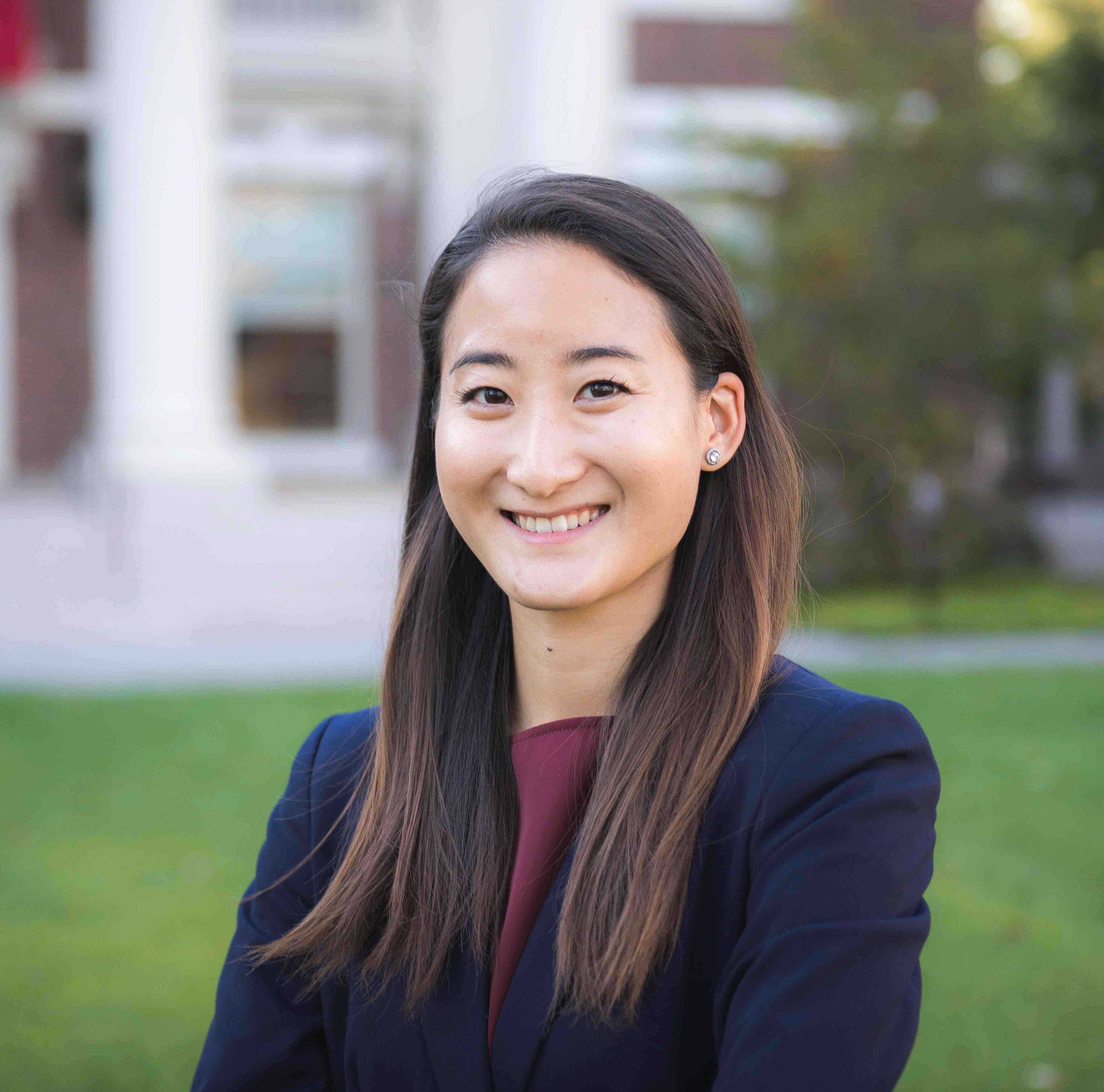
Nozomi Nakajima
Nozomi is a PhD candidate in Education Policy & Program Evaluation at Harvard University. She studies how families, schools, and policymakers make educational decisions, and the consequences of these decisions on social inequality. Previously, Nozomi worked at the World Bank. She holds a master’s degree in Statistics from Harvard University.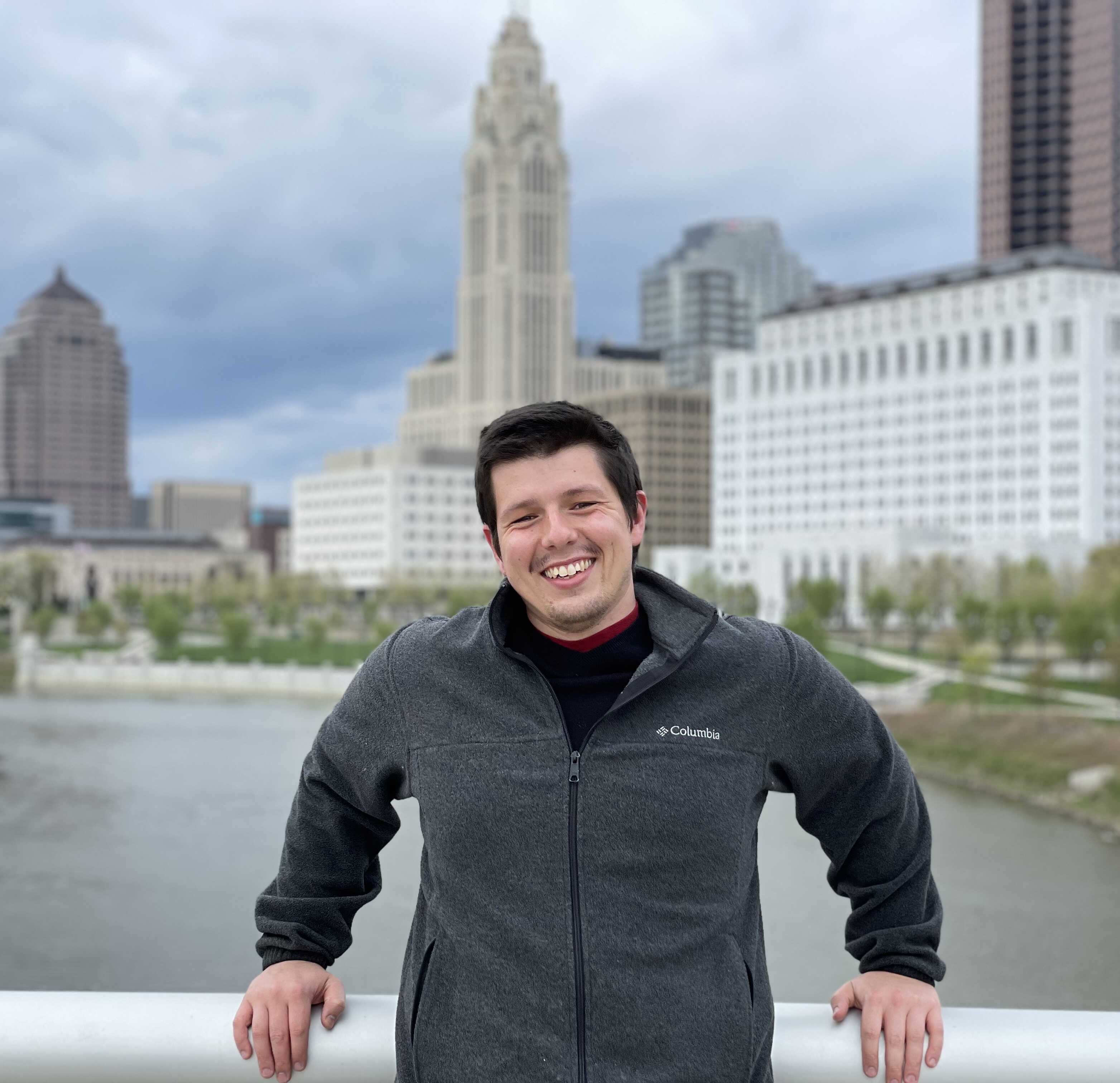
Matthew Osborne
Matthew Osborne is a post-doctoral researcher at the Ohio State University and the Head of PhD Career Programming at the Erdős Institute. He earned his PhD in mathematics from the Ohio State University in 2020. His research focuses on the intersection of public health and digital behavior. In his role with the Erdős Institute he crafts educational content to help graduate students learn data science.
Luca Maria Pesando
Luca Maria Pesando is an Assistant Professor in Demography and Sociology in the Department of Sociology and Centre on Population Dynamics at McGill University. Luca holds a PhD in Demography and Sociology from the University of Pennsylvania, and an MA and BA in Economics and Social Sciences from Bocconi University. His research lies in the areas of social, economic, and digital demography and explores the interactions between family change and educational inequalities in low- and middle-income countries. More recently, he has conducted research using social media data from Google and Facebook. Having worked with JPAL, the OECD, UNICEF, and other NGOs, Luca has extensive experience in the policy world.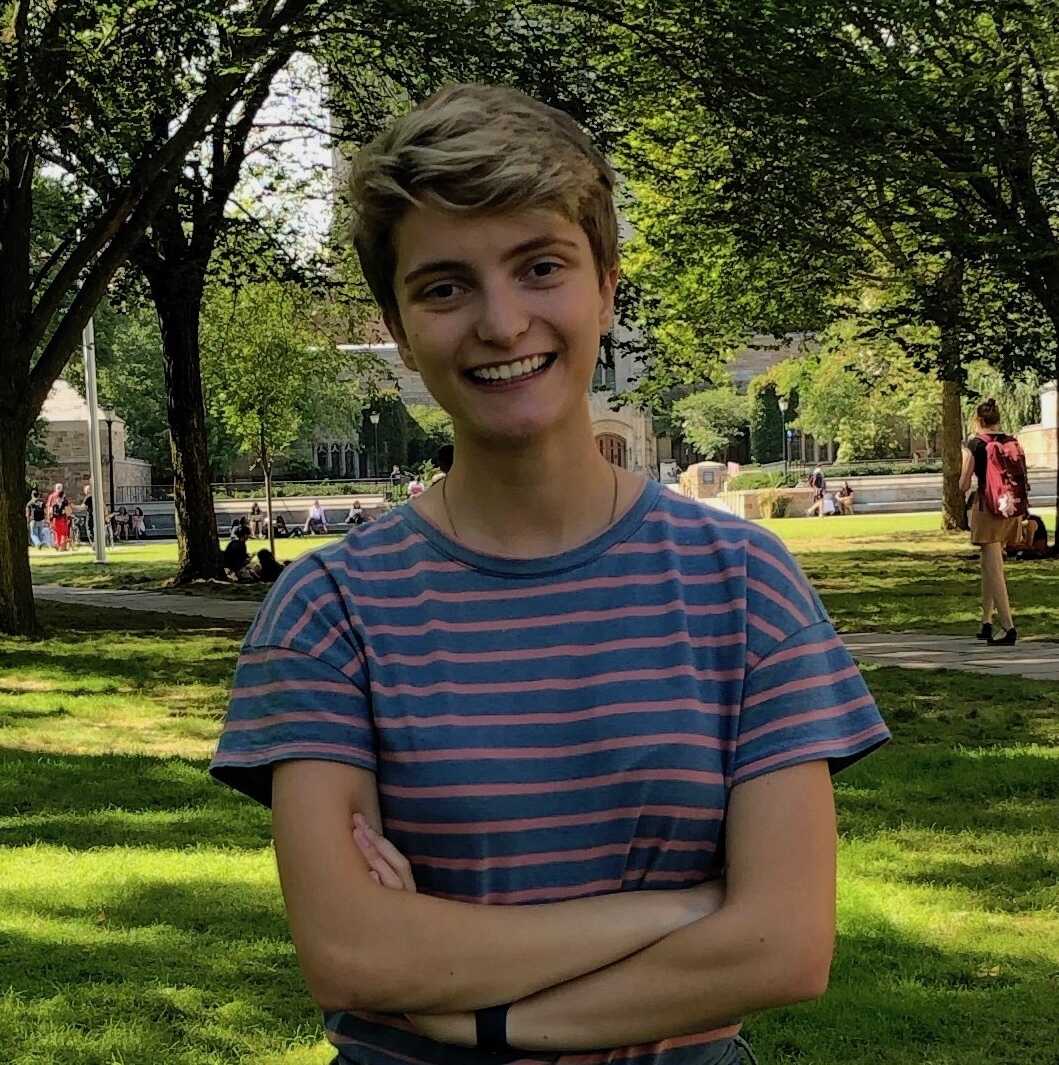
Madeline Reinecke
Madeline Reinecke is a doctoral student in the Psychology Department at Yale University. Her research intersects cognitive psychology, social psychology, and moral philosophy (e.g., examining how beliefs about moral standing emerge and shift across development). Madeline earned her BSc in Psychology & Philosophy from the University of Illinois at Urbana-Champaign.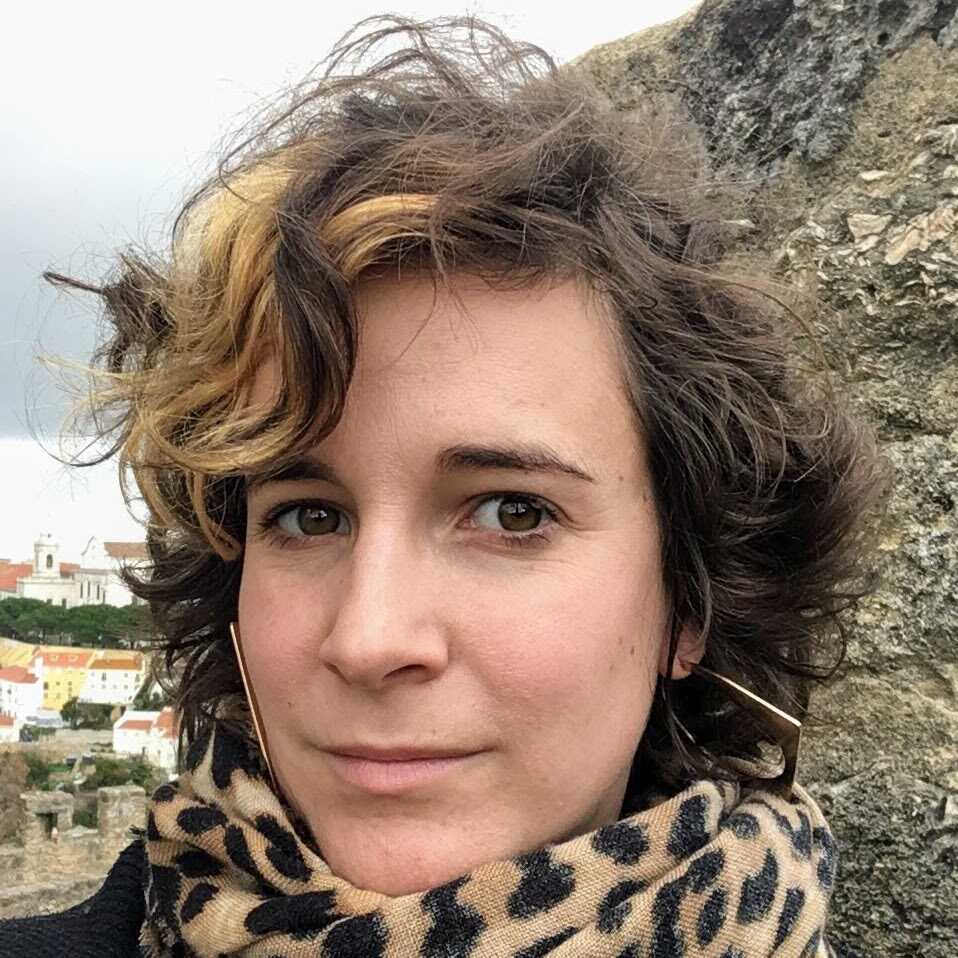
Tamara van der Does
Tamara van der Does is a program postdoctoral fellow at the Santa Fe Institute. To understand belief change at the individual and societal level, she develops and tests theoretical models grounded in statistical physics. In addition, she investigates how social boundaries between groups develop and change over time within a variety of textual corpora. She earned a Ph.D. in Sociology from Indiana University, where she also received an M.S. in Applied Statistics.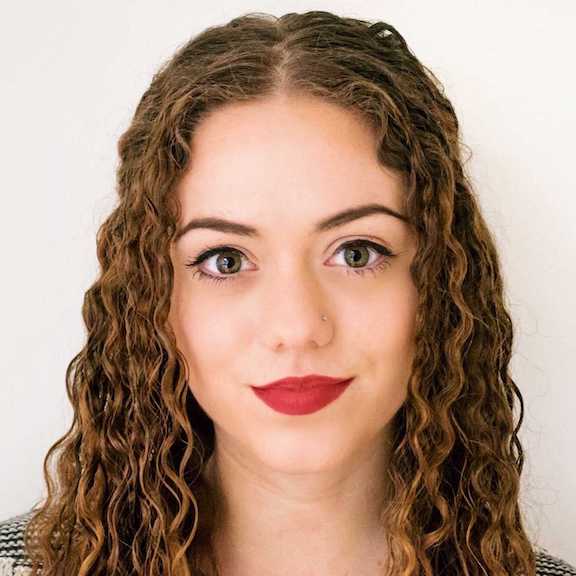
Briana Vecchione
Briana is currently a third-year PhD student in Information Science at Cornell University, where she is honored to work with Solon Barocas and Karen Levy. Her work is supported by a Facebook Fellowship and Google Women Techmakers scholarship. She is interested in the measurement and evaluation of sociotechnical systems, with particular attention to systemic issues of algorithmic bias and equity in public policy and human-centered domains. In the past, she has spent some time at Microsoft and Spotify. She is also an affiliate of AI Policy and Practice initiative and Mechanism Design for Social Good.
Tyler Walton
Tyler Walton is a PhD student in sociology at the University of Massachusetts-Amherst. He is interested in using computational methods to measure culture and understand the mechanisms that generate cultural change. Tyler is currently using word embeddings to understand changes in online political discourse leading up to the 2020 election.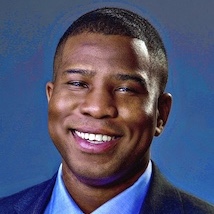
Jordan White
Jordan White is an Assistant Professor of Social Work at Morgan State University. He received his DrPH from the Bloomberg School of Public Health at Johns Hopkins University, his MS in Social Work from Columbia University and his BA in History and Political Science from Case Western Reserve University.
Jia Xue
Jia Xue is an co-appointed Assistant Professor at the Factor-Inwentash Faculty of Social Work and Faculty of Information at University of Toronto. She is the founding director of the Artificial Intelligence for Justice (AIJ) lab and affiliated with Schwartz Reisman Institute at the U of T.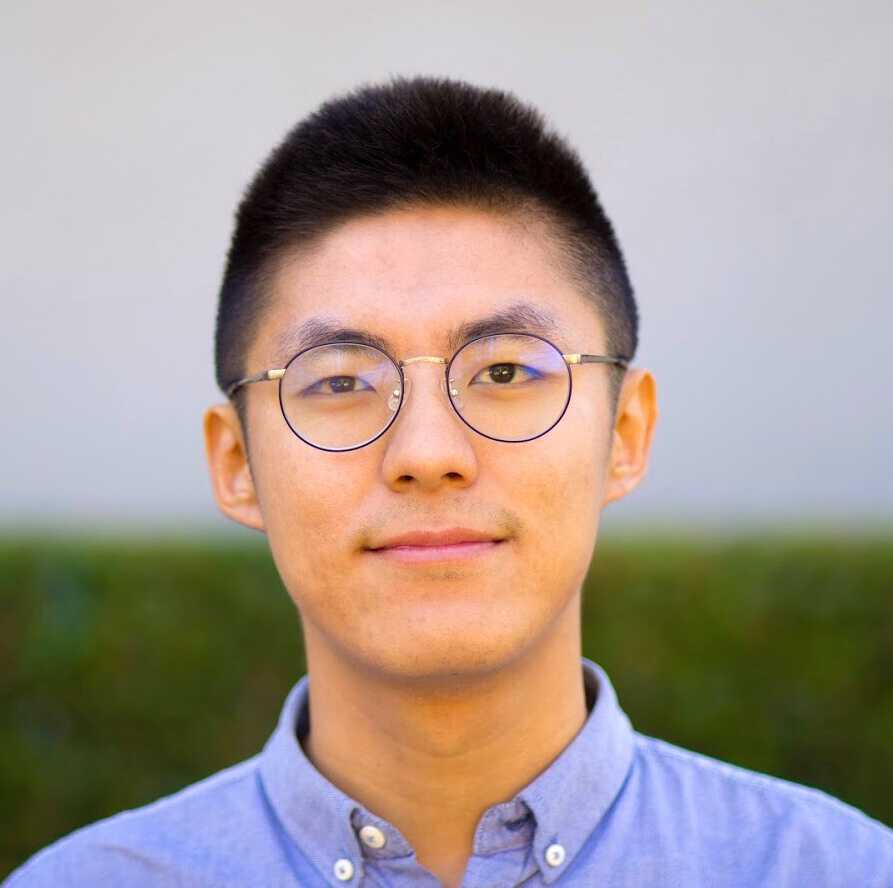
Renzhe Yu
Renzhe Yu is a Ph.D. candidate at the University of California, Irvine, specializing in educational data science. His research leverages large-scale behavioral, textual and institutional analytics to understand and support the success and well-being of young adults in college contexts, and scrutinizes the fairness and equity of such analytical processes. His current work looks into online behavioral inequalities among college students at different types of institutions. Previously, Renzhe has worked as Social Good fellows at the Alan Turing Institute and IBM Research. He received a master’s degree in education policy and two bachelor’s degrees in artificial intelligence and economics, all from Peking University.